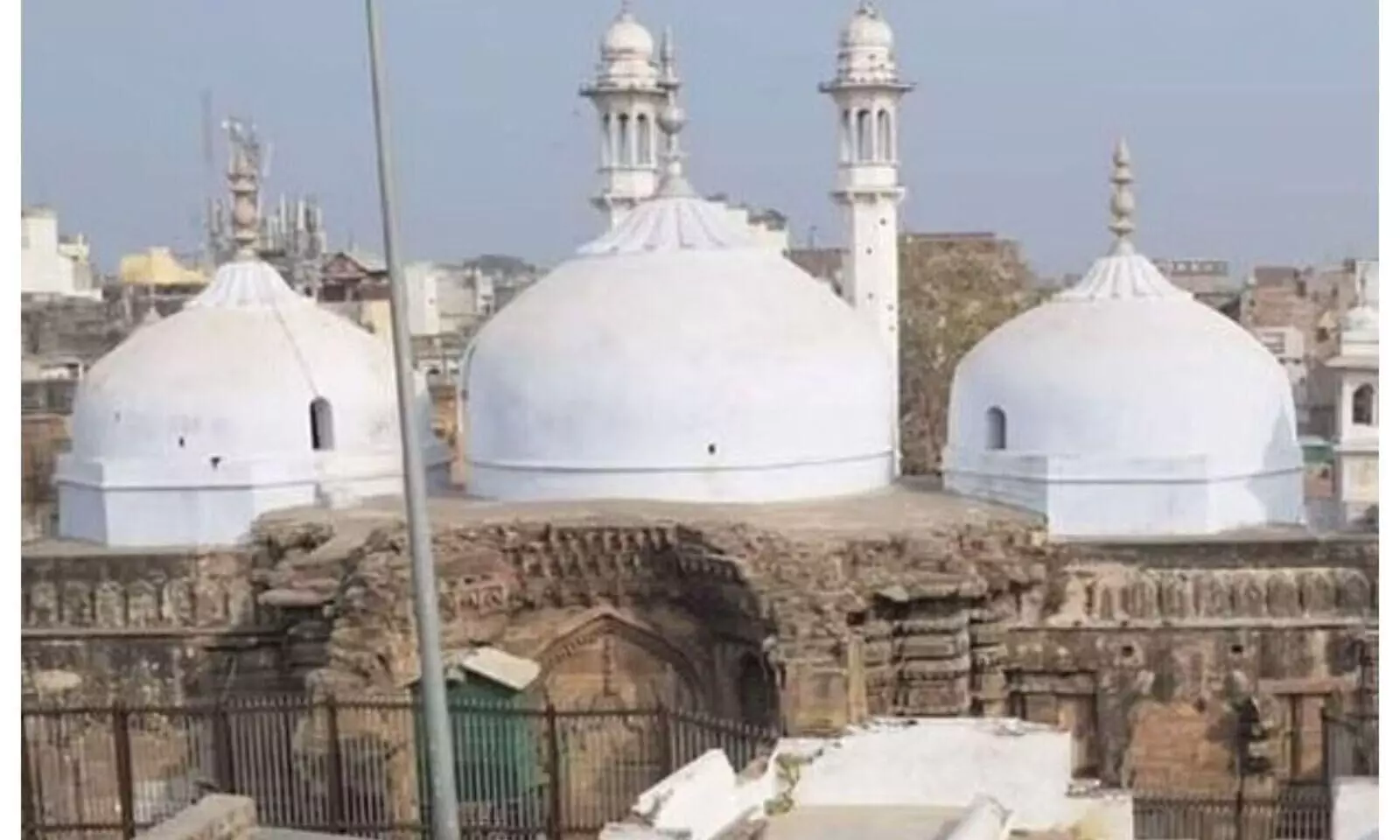
SC accepts determining religious character of Gyanvapi mosque, SC allows ASI non-invasive survey
text_fieldsNew Delhi: Dismissing a plea filed by the Anjuman Intezamia Masjid committee challenging the Allahabad High Court's order allowing the Archaeological Survey of India inside the Gyanvapi mosque in Varanasi, the Supreme Court ordered the survey should follow a non-invasive method.
Chief Justice DY Chandrachud, however, disagreed with the High Court's directive allowing excavation and emphasized that no excavation which could impact the integrity of the historical structure should take place during the survey.
"We order and direct that the entire ASI survey shall be completed by the non-invasive methodology adopted by the ASI. We reiterate HC's order that there shall be no excavation at the site. The ASI survey report shall be remitted back to the HC and be taken up for trial in the suit,” Justice Chandrachud said as reported by Bar and Bench.
The Supreme Court's decision comes in response to a plea filed by the Anjuman Intezamia Masjid committee, which had opposed the High Court's order. The court reaffirmed the significance of the Places of Worship Act, of 1991, which prohibits altering the character of a religious site as it stood on August 15, 1947.
However, the court acknowledged that determining the religious character of the site on that date posed a pivotal question.
Chief Justice Chandrachud responded to concerns raised by the Muslim body's counsel, stating that what might seem "frivolous" to one party could hold deep religious significance for another. He added, "How can we comment on whether it's frivolous?"
Senior advocate Huzefa Ahmadi, representing the mosque management committee, argued against the ASI's involvement, asserting that the survey delved into history, potentially violating the Places of Worship Act and straining communal harmony.
The Allahabad High Court had previously dismissed the challenge posed by the Gyanvapi mosque committee to the Varanasi district court's order for a "scientific investigation/ survey/ excavation" of the premises. The court upheld the necessity of a scientific survey in the pursuit of justice and reinstated the district court's July 21 order, which directed the ASI to determine whether the current structure had been built over a pre-existing Hindu temple.
The Gyanvapi mosque, located adjacent to the Kashi Vishwanath Temple, holds historical significance. Constructed during the 17th century under the orders of the Mughal emperor Aurangzeb, it was built after the destruction of the original Kashi Vishwanath Temple. The present temple was constructed alongside the mosque in the late 18th century under the patronage of Queen Ahilya Bai Holkar.























